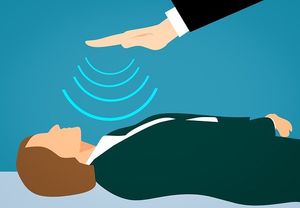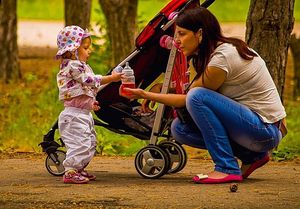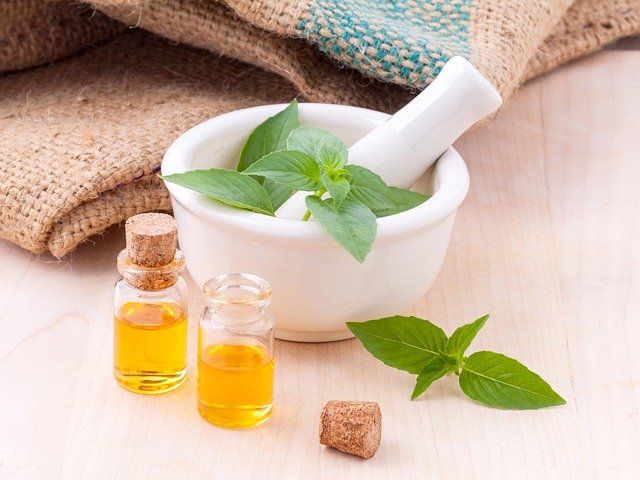
The popular appeal of alternative medicine is increasing. This article suggests a Christian approach to its evaluation.
What is alternative medicine?
Alternative medicine can he defined as therapeutic practice not included within the medical school curriculum. Alternative medicine therefore lies outside the scope of the basic medical sciences (including anatomy, physiology and biochemistry) and the clinical disciplines of medicine and surgery. The most commonly used alternative therapies are osteopathy and chiropractic, homoeopathy, acupuncture and herbalism. Few well-designed clinical trials have been performed to evaluate what occurs in these therapies.
Osteopathy and chiropractic
The Osteopaths Act of July 1993 made osteopathy the first branch of alternative medicine to be recognized formally and regulated in the UK. Osteopathy and chiropractic treatment employ physical manipulation, massage and other joint-adjusting techniques to treat musculoskeletal complaints. Chiropractic makes fuller use of soft-tissue massage, exercises, corsets, splints and supports. Some clinical trials have demonstrated that manipulative therapy is effective in treating chronic low back pain.
Homoeopathy
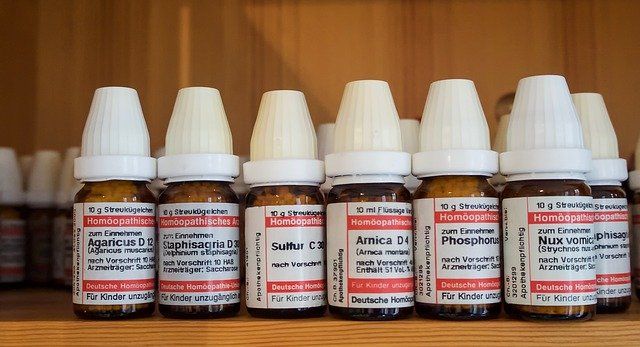
Homoeopathy differs radically from orthodox medical practice. Most drugs exert their effects as molecules by indirectly regulating a biochemical reaction inside the cell. Within certain limits the effect of a drug is proportional to its concentration.
In contrast, the ingredient in a homoeopathic remedy is diluted to such an extent, in water or alcohol, that no molecule of the original agent remains. Practitioners believe that by subjecting the solution to a series of shakes known as succussions, a therapeutic ‘immaterial and vital’ force is released, generating an effective remedy.
There has been speculation that electromagnetic or nuclear magnetic resonance changes could occur at high dilution and underlie biological activity, but there is at present no evidence for this proposal.
Acupuncture
Acupuncture dates back to at least 540BC in China. Health was considered to depend on movement of vital breath in channels between various key organs. Needles were thought to restore normal flow of this vital force when introduced at certain points along the course of these channels. Traditional acupuncturists still work on this basis and may also prescribe herbal medicine or give special diets advice. Western doctors often find their own acupuncture points and use disposable injection needles instead of the traditional ones.
There is some evidence that acupuncture can afford relief from pain and nausea, and acupuncture is practised in NHS pain clinics. The value of acupuncture in treating other disorders, such as asthma, remains unproven.
Herbalism
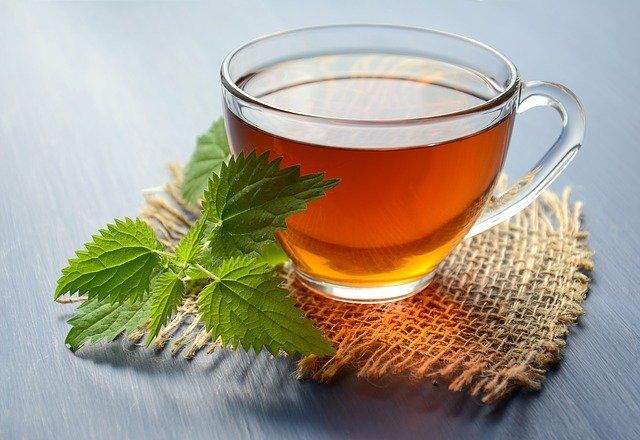
Herbal and mineral remedies originate in folklore. Contemporary examples include arnica and herbal teas, and few have clear scientific support for their effectiveness. Nevertheless, various modern drugs, including aspirin, morphine and atropine, were originally isolated from plants.
Chinese herbal remedies are popular and at least 600 clinics offer such treatment in the UK. They are especially used in treating eczema, although promoted for a wide variety of disorders.
Why alternative medicine?
One in ten people in Britain consults an alternative practitioner each year. Research by Sheffield University suggests that ten to twelve million visits a year are made to alternative practitioners at a cost of £15 to £40 per consultation.
Increasing demands on the NHS have reduced the time available for doctors to spend with patients, and modern drugs, while effective, can entail side-effects. The longer consultation time with alternative practitioners and the apparent safety of ‘natural’ remedies can make alternative medicine very attractive.

Can alternative medicine be physically harmful?
Effectiveness and safety are prime concerns in any therapeutic field.
Research into alternative medicine has been patchy, and there is currently little scientific evidence that alternative treatments are effective. The main exceptions are the use of manipulative treatments for chronic low back pain and acupuncture for pain and nausea. However, not all orthodox medical treatments have been proven to be effective.
Safety is another key issue. Manipulative therapies and acupuncture can entail complications, and it is mandatory that practitioners are trained and regulated. Homoeopathy seems safe since no active ingredients are present in the remedy. However, failure to take medicines prescribed by a doctor, or delay in diagnosis of a serious illness, resulting from a false sense of security, are potentially serious consequences of such treatment. Homoeopathic practitioners must be trained to refer patients to a doctor when appropriate.
Many herbal remedies are unlicensed and contain potentially toxic contaminants. These include unidentified substances with serious and poorly documented side-effects, and potent conventionaI pharmaceutical agents with well-known hazards, such as steroids. Guy’s Hospital Toxicology Unit in London records all suspected adverse reactions to herbal remedies. In a report last year, nine cases of toxicity from heavy metals were confirmed after exposure to traditional remedies from India. Twenty-one cases of liver toxicity, two fatal, were associated with using Chinese herbal remedies. ‘Natural’ does not mean ‘harmless’.
Are there spiritual dangers?
Christians frequently ask about ‘spiritual’ side-effects resulting from alternative remedies. These are difficult to define and most reports are only anecdotal. However, where the healing process is thought to result from release of a ‘vital energy’ or ‘life force’ within the body, there may be cause for concern, because the idea of ‘vital energy’ runs through the diverse dogmas of the New Age movement.

Furthermore, remedies with a psychic element often involve the worship of false deities. A popular example is that of yoga, whose practice is based on Hindu philosophy. As taught by Hindu teachers, the purpose of yoga is to unite the human spirit with Hindu gods using various physical postures.
What is the reason for concern in these instances? Firstly, one of the key tenets of the New Age is pantheism. Pantheism implies that all that exists is god, and it therefore follows that we are all gods. However, the Bible is absolutely clear that there is only one God and Jesus Christ is the only mediator (1 Chronicles 17:20; 1 Timothy 2:5).
Secondly, New Age thinking encourages us to believe that good and evil are only illusions, so that each individual can decide his or her own morality. In contrast, the Bible teaches that only God is good (Mark 10:18), and that all people are separated from God by sin (Romans 3:23). Reconciliation with God comes only through faith in Jesus Christ (John 14:6).
Thirdly, the New Age movement embraces the practices of astrology, magic and crystal gazing. The Bible categorically forbids any association with the occult or the practice of witchcraft (Deuteronomy 18:10-11; Galatians 5:20). The only source of true healing is God himself (Exodus 15:26; Revelation 22:2).
Finally, worship of any other deities or, indeed, of anything that is created, rather than the Creator, is also forbidden (Romans 1:25).
Evaluating alternative therapies
Christians can evaluate an alternative remedy by asking the following questions.
1. Do claims for the therapy fit the known facts?
If a therapy is promoted as a panacea for every disease, this should cast doubt on its effectiveness. The reality is that no such panacea exists.
2. Is there a rational scientific basis for the therapy?
The answer to this may not be immediately obvious, but the therapist should be prepared to answer questions, and a general practitioner may be able to help.
3. Is it the methodology or the principle which is the effective element?
In homeopathy it is the method of preparing the medicine, not its ingredients, which is proposed to be effective. At present no evidence supports this rationale.
4. What is the therapist’s world-view?
The world-view of the therapist becomes crucial, especially when occult practices are integrated into the treatment. Christians are to avoid occult practices. It is not always immediately clear whether a therapy involves the occult, and prayer and discernment are required. It is however worth noting that in traditional Chinese medicine, acupuncture is not associated with seeking help from outside forces, astrology or fortune-telling.
Conclusion
Alternative medicine is here to stay. Some practices have a role alongside orthodox medicine. Further well-designed controlled trials are needed to evaluate effectiveness, as is legislation to regulate alternative practitioners and the contents of their remedies on sale. Christians should be aware of possible links between alternative remedies and the occult. These are most likely when the practitioner holds New Age beliefs or follows occult practices, or when the therapy claims to make use of ‘vital energy’ or a ‘life force’.


